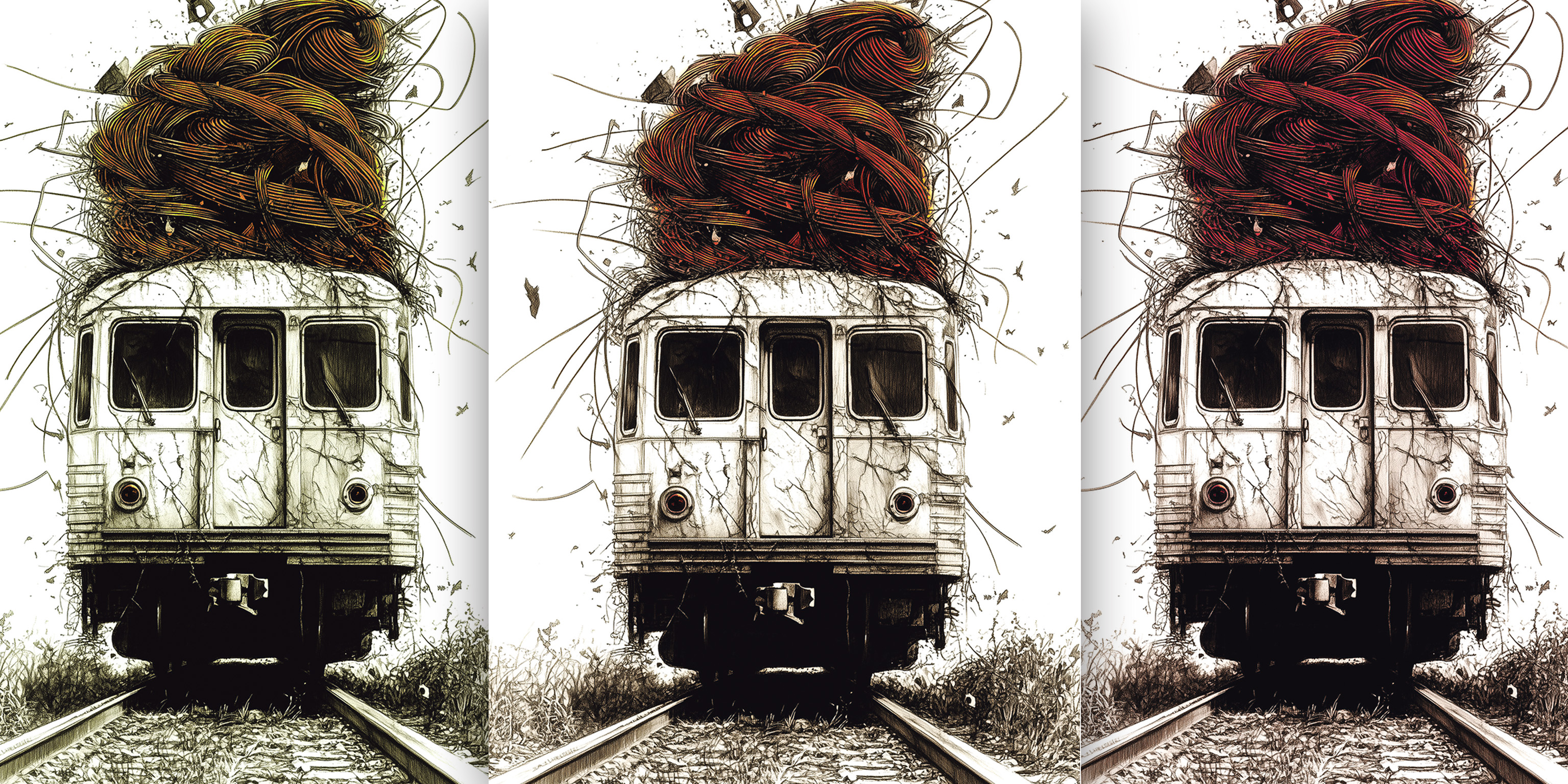Copper cable theft is one of the many scourges to befall South Africa’s state-run logistics company, Transnet. One simple solution to this dilemma: eliminate copper cables.
Transnet COO Solly Letsoalo said on Friday, 24 January during Richards Bay Coal Terminal’s (RBCT’s) annual presentation that the state-owned enterprise is looking at replacing cabling for its train signalling systems with remote satellite technology.
This would be a quantum leap for Transnet’s change-out plan to replace copper with aluminium conductor steel reinforced cable, which is already under way.
“Transnet wants to connect the trains directly to the control room via satellite. That is the system that we are aiming for,” Letsoalo told Daily Maverick in an interview. “We have to put out requests for proposals to the market.”
Transnet is currently studying the issue and working on the requests for proposals. No firm timeline has been established, and Letsoalo said he was not in a position yet to make cost estimates.
But it could be a game-changer.
“When copper cables are stolen, there is no signalling for the trains on that line. Then you must rely on radios to give train drivers instructions,” Letsoalo said. “This causes delays.”
It is also dangerous and can lead to collisions and other accidents.
“A satellite system makes it almost impossible for trains to collide. It is an anti-collision system,” Letsoalo said.
And stealing a satellite is a much tougher heist to pull off than snatching copper cables.
In its 2023 financial year, Transnet reported that 1,121km – about the distance by road between Johannesburg and Harare – of copper cable had been stolen. This represented an eightfold increase over five years.
Satellite signalling technology has been rolled out in Europe and other jurisdictions, enhancing rail safety and reliability, and reducing time-consuming and costly maintenance.
Companies that can provide such services include France’s Alstom and Africa-focused Gear Rail, which has head offices in South Africa and Mauritius.
This initiative also reflects the current drive – which has renewed impetus under the Government of National Unity – to involve the private sector more in South Africa’s rail networks and other arms of Transnet and the wider state.
Support for Transnet signalling switch
South Africa’s mining industry has given its support for this signalling switch on the rail lines.
“Any initiative by Transnet that contributes towards a reduction in theft of infrastructure on the corridor and consequent disruptions of train schedules will be welcomed,” the Minerals Council South Africa, the mining sector’s main industry body, said in response to Daily Maverick’s queries.
For the mining sector, crime on the rails and Transnet’s wider operational woes have been hugely costly.
“The coal miners using RBCT have paid tens of millions of rands towards securing the North Corridor, providing personnel, hi-tech equipment like drones, and funding,” the Minerals Council said.
And that outlay represents just a fraction of the costs to the industry stemming from Transnet’s meltdown, which is seemingly being arrested under new management led by CEO Michelle Phillips.
In 2022 alone, the Minerals Council estimated that Transnet’s dysfunction had cost the mining sector a staggering R50-billion in lost exports.
RBCT is a case in point.
In 2017, RBCT’s coal export volumes reached a record 76.47 million tonnes. From that peak its exports went on a gradual decline to just over 70 million tonnes in 2020.
Read more: Richards Bay Coal Terminal exports rise by 10% as Transnet rebounds
As Transnet’s problems multiplied – and the length of cable being pilfered surged – the pace of RBCT’s export decline accelerated, hitting a record low of 47.2 million tonnes in 2023. From that low base its exports rose 10% in 2024, in part because of the first signs of Transnet’s turnaround.
Kumba Iron Ore and other mining companies that produce bulk commodities have also suffered from Transnet’s challenges and copper cable vandalism.
The economic damage inflicted by copper cable theft has been estimated at more than R45-billion annually, according to research by Genesis Analytics commissioned by the Department of Trade, Industry and Competition.
It is all part and parcel of organised crime networks that have become embedded in South Africa as a result of state failure and rampant corruption. Crime robs South Africa of about 10% of its GDP annually, according to World Bank estimates.
Copper cables are coveted because of the metal’s price and many applications, with much of the stolen material laundered in the scrap metal market.
Advancing satellite technology and automation will hopefully consign at least one target for cable thieves to the scrapheap of history. DM
This story first appeared in our weekly Daily Maverick 168 newspaper, which is available countrywide for R35.






